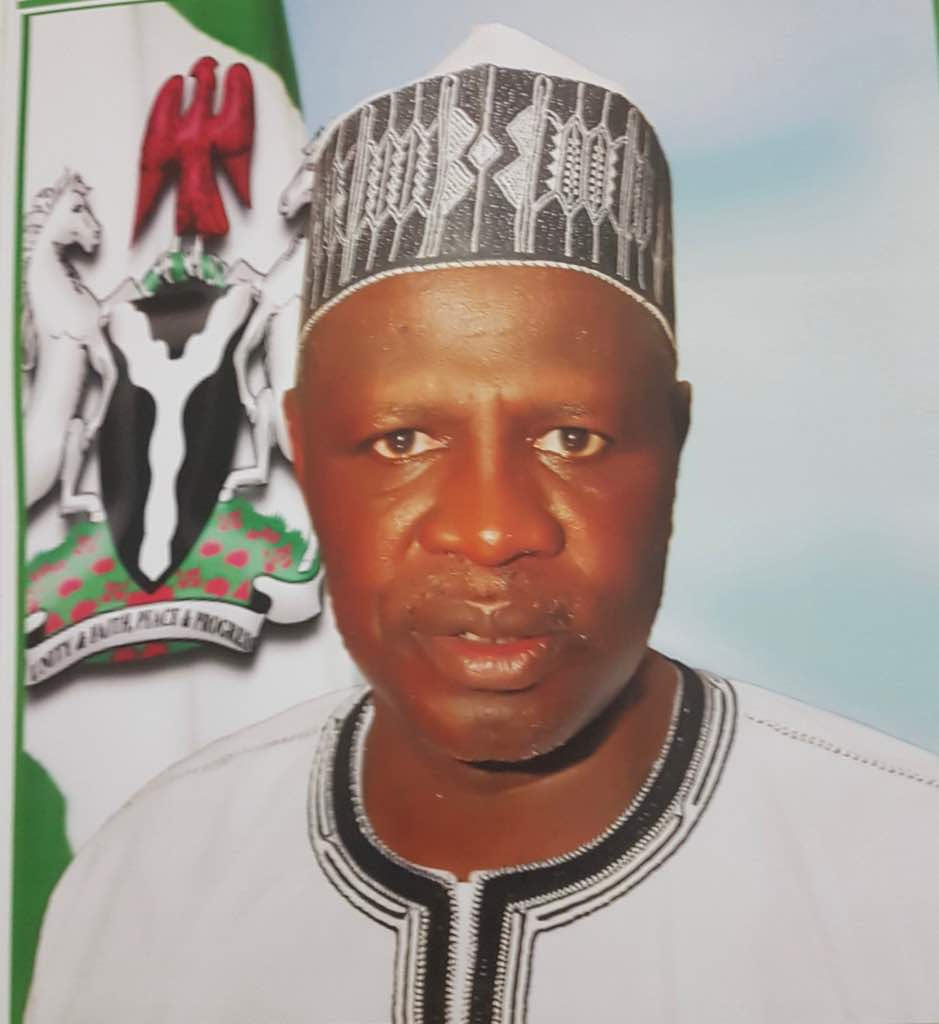This is a corollary to my two articles published in this column on 16th October 2020 and 23rd June 2021, which can be accessed via www.deepthoughtwithmkothman.blogspot.com and it is the concluding part of last week’s piece. As mentioned earlier, an Inter-ministerial Committee was set up for the Development of a National/Multi-Sectorial Flood Emergency Preparedness and Response Plan. Despite the committee’s effort to address the flood tragedy, the nation lost 70 people in the 2021 flooding with over 200,000 people displaced. This year, 2022, the flood incidences occurred with catastrophic severity. Already, over 600 people were reported killed by the flood with millions of people displaced in addition to losses of properties and farmland across the nation. Perhaps, this calamity gingered the Federal Government to speedily act on the committee’s assignment. Last month, the Permanent Secretary of the Ministry of Humanitarian Affairs, Disaster Management and Social Development, Dr. Nasir Sani-Gwarzo announced the Federal Government’s approval of the emergency management plans to mitigate the impact of the flood nationwide. This is a serious irony for us as a nation, we failed to act on a foretold disaster until it is happening. What are the causes of flood disasters in Nigeria? What are the mitigating measures? These were the questions posed last week.
Rainfall is the major cause of both urban and river floods. Flood is categorized into river flooding, coastal flooding, flash, and urban flooding occasioned by poor drainages, blocked drainages, and poor adherence to town planning regulations.
The major causes of floods in Nigeria are well known. They include inadequate drainage channels, silted dams, and waterways, invasion of aquatic weeds, typha grass overgrowing on river channels and riverbeds, as well as illegal diversion, and encroachment of waterways for building and conversion to farmland. Coastal areas are worst affected by river floods, as Nigeria is located downstream of River Niger. The river passes through some countries and drains an average flow of 5,589 m3/s into the Atlantic Ocean through the country. This amount of 5,589 m3/s is equivalent to 93 tankers fully loaded with 60,000 liters of water being emptied into the ocean every second. Imagine how much water is being emptied every hour and day and month. This River with a length of 4,180 Km and a drainage basin area of 2.1 million Km2 is the third largest river in Africa and has six major perennial rivers as tributaries crisscrossing the length and breadth of Nigeria. Ordinarily, this is an enormous blessing to the country, which has endowed the nation with over 30 billion cubic meters of groundwater. This groundwater quantity, a highly qualitative sum is an addition to the average of 1150 mm of rainfall depth being received annually. The annual rainfall depth provides about 1.1 million cubic meters of surface water, adding to the groundwater has the cumulative potential of producing enough food to adequately meet the food and dietary security requirements of the people in Africa. However, this kind of blessing becomes a curse to the nation that fails to manage it and Nigeria has failed to manage it. Thus, the calamitous consequences with devastating impacts on lives and properties.
Despite flood early warning and the knowledge of flood causes, we still watch as the numbers of flood occurrences, magnitudes, affected areas, and adverse socio-economic consequences increase annually. Why is it so?
Several intricacies and factors governing policy formulation and implementation are making the question of “why is it so” difficult to answer. First, Federal government agencies; NIHSA, NiMet, NAERLS, states government agencies, etc responsible for Early Warning (EW) information and communication are not effectively synergizing to face flood challenges head-on. They seem to be working individually. Is there a government strategy, which brings FMARD, FMWR, FMA, and state ministries of Agriculture to address flood occurrences and mitigation? At the Federal level, there is the work of the Inter-ministerial committee, which was approved by the Federal Executive Council (FEC) in September 2022. As reported by the media, FEC approved the National Flood Emergency Preparedness and Response Plan involving all relevant stakeholders in the implementation framework. Although I am yet to see the Response Plan, I hope that it will address the issue and hopefully the implementation will begin in earnest and not go back to sleep until the arrival of the 2023 wet season. It is high time; we should stop giving lip service to the issue of flood prevention and mitigation. As a professor of irrigation and water management, it pains me a great deal when I see preventable losses due to flood continues to occur annually.
Nevertheless, I must add my voice on how to address the causes and prevention of floods in Nigeria. First, there should be a comprehensive and holistic approach, which must involve state governments, local governments, and communities. Second, we need to identify flood-prone areas and the likely severity. This has been done by several studies and observations. Second, we must remove sediments, buildings, and any other obstacles on waterways preventing water from freely flowing. Third, our dams are silted, we have to remove the silts, debris, and aquatic weeds and rehabilitate the embankment of several dams built over 30 years ago without good management and repair water retention structures, Fourth, we may have to construct river diversion structures where such rivers become a threat to inhabitants. Fifth, we must clean our streets and remove the debris to appropriate places. Sixth, we must use media to campaign and mobilize people to undertake periodic environmental sanitation. Seventh, Government should sanction people who block waterways, gutters, drains, manholes, etc. This is a clarion call to prevent the occurrences of floods and mitigate their effects where they occur.


